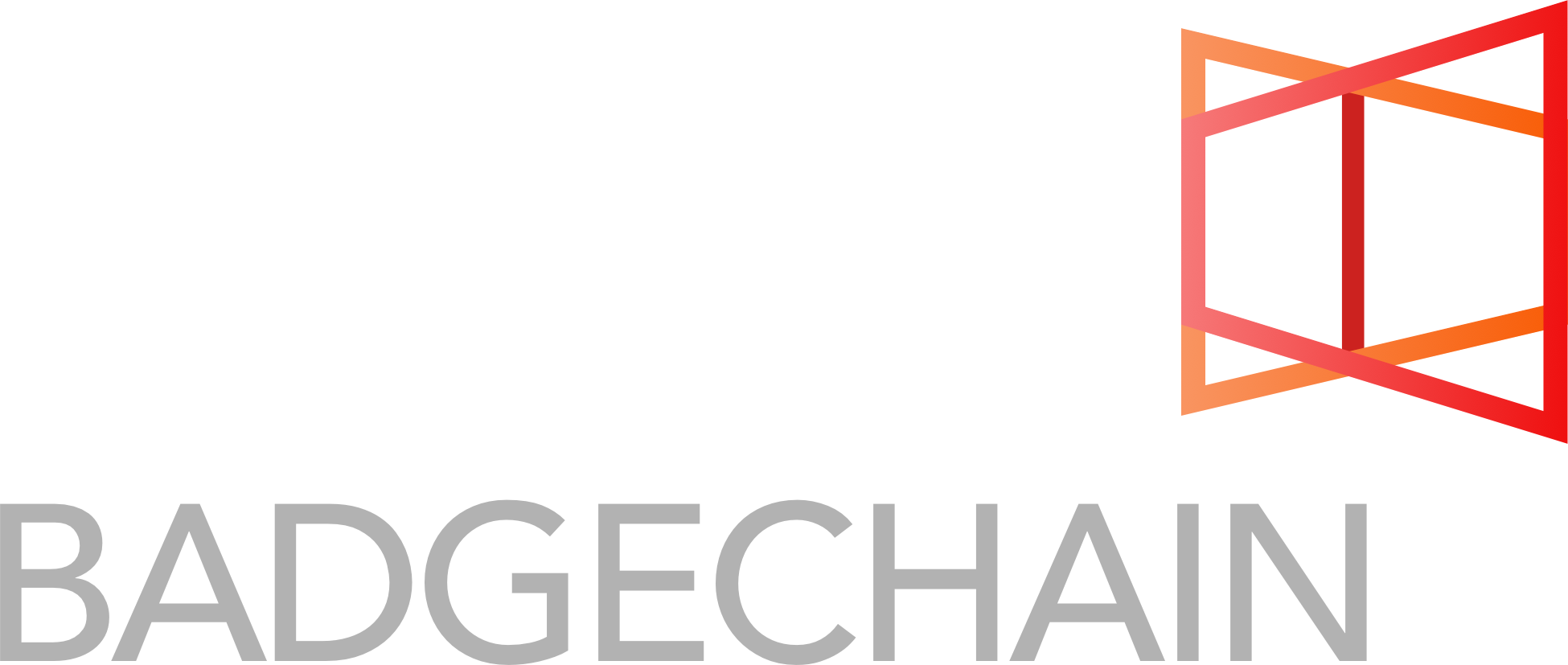If only you’d had the foresight to buy Ethereum during their ICO in 2014, the profits you could have made! Ah, the fabled Initial Coin Offering. So mysterious, so alluring. But really, what is an ICO and why are there so damn many of them all of a sudden?
An initial coin offering is really just a public offering of a cryptocurrency in the form of initially discounted coins or tokens. It’s a way for a public to fund—with real cash dollars or other cryptocurrencies like bitcoin—a new cryptocurrency. (Yes, one cryptocurrency exchanged for the possibility of another!) The sale of tokens may transfer rights of ownership or royalties to a project. Like stocks, the items that are purchased can grow in value if the cryptocurrency they represent takes off. But, surprise! They’re not nearly as regulated as stocks are. Well, at least not yet. Here in the US, the SEC is increasingly interested in them, and China has outlawed them entirely—for now. The dust hasn’t settled yet.
Where do these cryptocurrencies keep mushrooming up from? More than 50% of ICOs are based on blockchains built on top of Ethereum. Given their preponderance right now, it’s hard to believe that the first ICO took place only in 2013. Four short years have been enough to produce a few ICO unicorns already. So, with that kind of big money floating around, of course everybody wants in on these things.
The current herd mentality thinking in 4 steps:
Step 1: Create a cryptocurrency
Step 2: ICO
Step 3: ????
Step 4: PROFIT!!
We kid and yet… Certainly there are real, thoughtful and innovative products buried amidst the hype. However, while numerous ICOs can benefit small startups seeking quick crowdfunding for their ideas, the flip side is a bunch of duplicative and overlapping blockchains clogging up the field.
Is this the progress we imagined? Or is all of this merely more brute force capitalism, this time disguised as the decentralized and distributed hand of the market? Who knows. Our advice? Buy low, sell high.
~ ~ ~
Here are the links that inspired and informed this newsletter. We recommend them to you as interesting data points in your consideration of decentralized technologies, blockchain, and is impacts on finance and society.
- Here’s The Man Who Created ICOs And This Is The New Token He’s Backing — Laura Shin
- What is an ICO? — Shawn Langlois
- Silicon Valley is obsessed with ICOs — here’s why — Theodore Schleifer
- SEC Investor Bulletin: Initial Coin Offerings
- Initial coin offering — Wikipedia

Follow Us